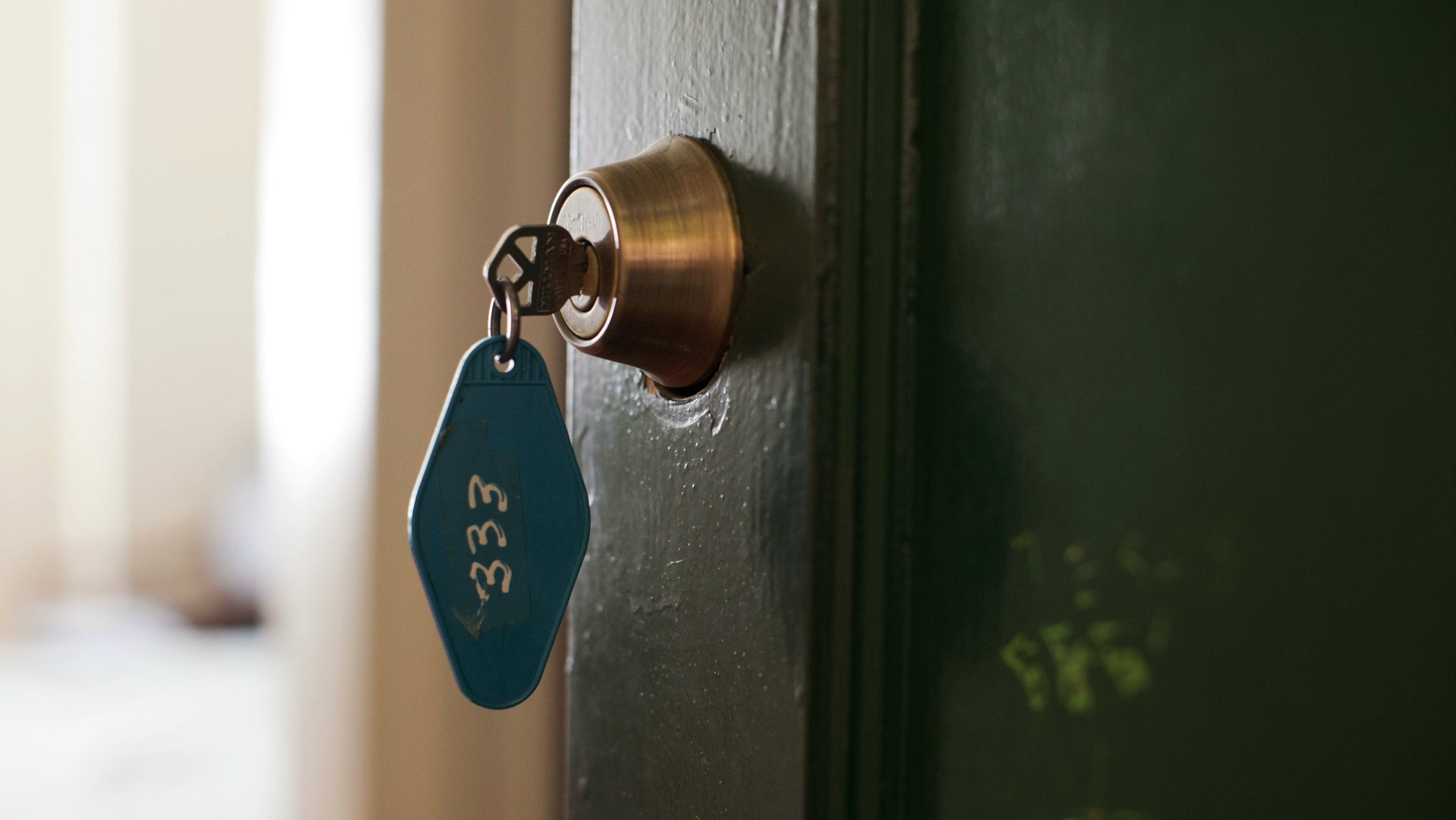The ‘do not disturb’ sign is an endangered privilege
For the antisocial among us, the hotel “do not disturb” sign is a kind of beacon. The idea that you can check into a hotel room and effectively shut out all of humanity—for as long as you need—brings solace in a chaotic world.


For the antisocial among us, the hotel “do not disturb” sign is a kind of beacon. The idea that you can check into a hotel room and effectively shut out all of humanity—for as long as you need—brings solace in a chaotic world.
However, the privilege could be on its way out. In late December, Disney announced that hotel staff would be required to enter each room every 24 hours. In an updated hotel guest pack, the company noted the reasons include “but [are] not limited to, performing maintenance and repairs or checking on the safety and security of guests and property.” Guests will find a “room occupied” sign in place of the traditional “do not disturb” missive, and staff will have to knock and announce themselves prior to entry. The policy is in the process of being rolled out to all Disney World and Disneyland properties.
The move echoes a similar one by Hilton late last year. While the mega-chain has not removed “do not disturb” signs, the New York Times [paywall] reports they have informed staff to “alert a manager if [the sign] is still up after 24 hours.” If so, management has a right to enter for any reason they see fit.
The reason for this shift is, most likely, related to security. After the most deadly shooting in United States history was carried out from a Las Vegas hotel room—the shooter, Stephen Paddock, had hung a do not disturb sign for three days as he planned the massacre—the promise of giving guests privacy for as long as they want it seems unwise. While neither Hilton nor Disney has explicitly connected the policy changes to the Las Vegas shooting, the implication is clear: They are placing guest safety over guest privacy.
Interestingly, this change runs counter to a growing preference of modern travelers, who see privacy as the ultimate luxury. Just look at the newly redesigned first class cabins of the Emirates 777 and the Singapore Airlines A380, which include floor to ceiling privacy and “service windows” if flyers want to avoid speaking to cabin crew altogether. Ditto to private bungalows and villas, far removed from other guests. And the increasing preference of luxury guests who decline an evening turndown service—once a sure differentiator of a high-end hotel—due to the daily invasion of privacy.
The privacy versus safety debate is one that’s often argued in many areas of public life, from technology to governance. If policy changes like Hilton and Disney’s increase in number, the hospitality industry could be faced with it as well.